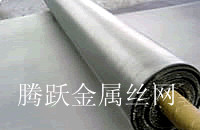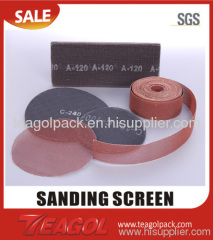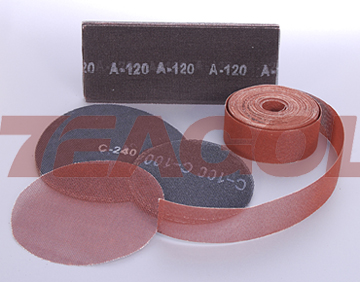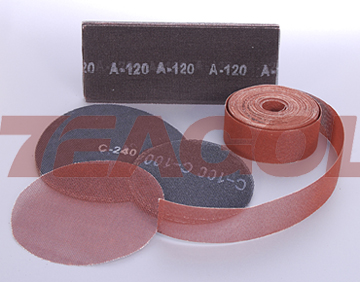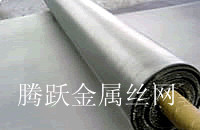
|
Hebei tengyue metal wire mesh products co ,.ltd
|
Stainless Steel
| Place of Origin: | Hebei, China (Mainland) |
|
|
|
| Add to Basket | Add to My Favorites |
| HiSupplier Escrow |
Product Detail
we manufacture all size of Stainless Steel Wire Mesh
Wire Materials: Type 304, Type 304 L, Type 316 and Type 316 L.
Type 304 often refers to as "18-8" (18% chromium, 8% nickel ). T-304 is the basic stainless alloy mostly commonly utilized for wire cloth weaving. It withstands outdoor exposure without rusting and resists oxidation at an elevated temperature up to 1400 Degrees Fahrenheit. Type 304 L is very similar to T-304, the difference being the reduced carbon content for better weaving and secondary welding characteristics.
Type 316: Stabilized by the addition of 2% molybdenum, T-316 is an "18-8" alloy. Type 316 has better resistance to pitting corrosion than the other chromium-nickel stainless steels where brines, sulfur-bearing water or halogen salts, such as chlorides are present. Type 316 L: Type 316 L is very similar to T-316, the difference being the reduced carbon content for better wire cloth weaving and secondary welding characteristics.
Weaving Patterns Involved for Stainless Steel Wire Mesh:
Plain Weave
Twill Weave
Dutch Plain Weave
Dutch Twill Weave
Some Special Patterns
Weaving patterns applied for wire mesh or wire cloth can be plain weave, twill weave, Dutch plain weave or Dutch twill weave.
Plain Weave Wire Mesh and Twill Weave Wire Mesh form a square opening with equal mesh count horizontally or vertically. Hence woven wire mesh plain weave or twill weave is also called square opening wire mesh, or single layer wire mesh.
Dutch Plain Woven Wire Cloth has a coarser mesh and wire in the warp direction and a finer mesh and wire in the weft direction. Dutch Plain Woven Wire Cloth makes an ideal filter cloth with a very compact, firm mesh with great strength.
Dutch Twill Woven Wire Cloth offers higher strength than regular Dutch woven wire cloth. It packs even more wires in a given area than Dutch plain woven wire cloth. Generally, Dutch Twill Woven Wire Cloth offers finer mesh counts and lower flow than other Dutch Woven Wire Cloth.
Didn't find what you're looking for?
Post Buying Lead or contact
HiSupplier Customer Service Center
for help!
Related Search
Steel Stainless
Cabinet Stainless Steel
Stainless Steel Bearing
Stainless Steel Wire Mesh
Galvanized Stainless Steel
Stainless Steel Ball Bearing
More>>

